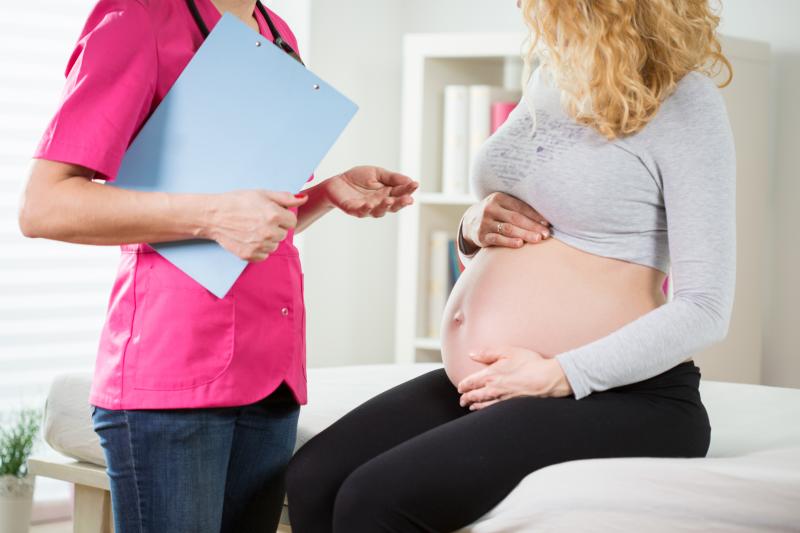
Pregnant women with thyroiditis may do well with selenium supplementation, which confers benefits for autoantibody titre during pregnancy and thyroiditis recurrence postpartum, as shown in a study.
A total of 45 women (mean age, 33.3 years; mean body mass index [BMI], 23.5 kg/m2) with thyroiditis in pregnancy were randomized to receive L-selenomethionine (L-Se-Met) 83 mcg/day or placebo. Researchers conducted evaluations at 10 and 36 weeks of gestation (T1 and T2, respectively) and 6 months after delivery.
At T1, 32 women were already taking levothyroxine while three initiated treatment. Ten women required a dosage adjustment during pregnancy, and another ten reduced dosage after delivery. None of the women stopped the therapy.
Autoantibody levels dropped significantly from baseline to after pregnancy in the L-Se-Met group (TgAb: 19.86; p<0.01; TPOAb: 255.00; p<0.01) but increased substantially in the placebo group (TgAb: 151.03; p<0.01; TPOAb: 441.28; p<0.01).
Selenemia significantly increased from baseline in the group of women who received selenium supplementation at T2 (91.33; p<0.01) and at postpartum (93.55; p=0.02).
Two women in the placebo group had a miscarriage. Thyroid volume, echogenicity, quality of life, maternal/foetal complications did not significantly differ between the two treatment groups.
The present data suggest that selenium supplementation during pregnancy and after delivery is safe and exerts beneficial effects in women with thyroiditis, according to researchers.